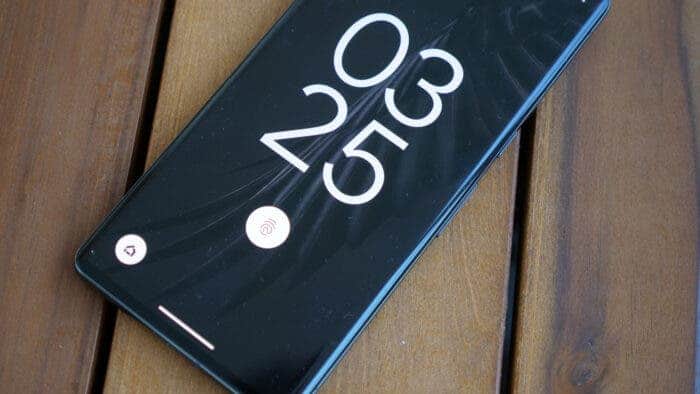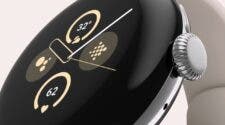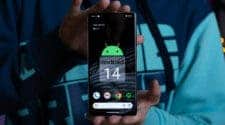In the current mobile devices, you basically have two in-display fingerprint scanners. The first is the optical fingerprint sensor, generally found in mid-range and affordable flagship devices. And the second is the advanced ultrasonic sensor, which is present in the ultra flagships. Although the Pixel 7 series is a premium, Google has opted for the cheaper optical sensor.
As a result, you may not experience the smoothest fingerprint recognition with your Google Pixel 7 device. In fact, in some cases, the device even fails to recognize your finger. But apparently, there’s a quick fix to make the scanner more reliable and faster. As a Reddit user found out, all you need to do is use your nose, scalp, or forehead.
Yes, Your Nose, Scalp, or Forehead Can Make the Pixel 7 Fingerprint Scanner Faster
As shared by the Reddit user named No-Fondant-8757, the fingerprint sensor of the Google Pixel 7 does not really work well when your fingers are dry and clean. The user pointed out that you can not easily get the scanner to work if you have washed your hands or just showered.
![]()
That got the Reddit user into experimenting with their Google Pixel 7 device. The user apparently has found an easy solution. Apparently, the sensor works perfectly fine when the user rubs their finger on the side of the nose. It might sound funny, but a lot of other Reddit users started to talk about it in the thread.
According to those who tried it, the trick also works when you rub your finger on the forehead and scalp. Yes, some suggested an alternative solution: to enroll the same finger twice. No matter what, seeing how the trick works for many Pixel 7 users is surely interesting.
Why Does This Trick Work
How an oily finger can work better than a clean and dry finger might not make sense. But you need to consider the fact that the Pixel 7 devices come with an optical fingerprint scanner. And the way this sensor work is by shining a light on your finger to get a print. It then matches the captured image with the one you have enrolled in.
Gizchina News of the week
![]()
However, optical sensors are less robust than ultrasonic scanners in Galaxy S series flagships. The results can be hit or miss in most cases, especially when your finger is dry. But what’s wrong with dry fingers? In such a condition, your fingerprints become a bit more rigid. This can make the sensor of Pixel 7 confuse your finger with someone else’s.
On the other hand, the ultrasonic fingerprint found in the Galaxy S flagships does not get into this contradiction. It’s because the ultrasonic sensors can understand the depth of the prints correctly. So, it does not matter whether your finger is dry or not; the ultrasonic sensors will be more hit than miss.
![]()
Interestingly, Google has mentioned this issue in the past. According to the smartphone manufacturer, having a very dry finger will make the scanner fail to properly recognize your print. And that would basically prevent you from getting quick access to your Google Pixel 7.
Hopefully, Google will step up and make a shift toward ultrasonic fingerprint scanners with the Pixel 8 series. After all, Samsung has been offering them since the Galaxy S10. And even the most affordable phone of the Galaxy S23 series comes with an expensive scanner.
In case you are wondering, the recently released Google Pixel 7a comes with the same optical sensor. So, you can expect to see a similar effect with the latest Google phone. And if you have one, remember to oil up your fingers!





